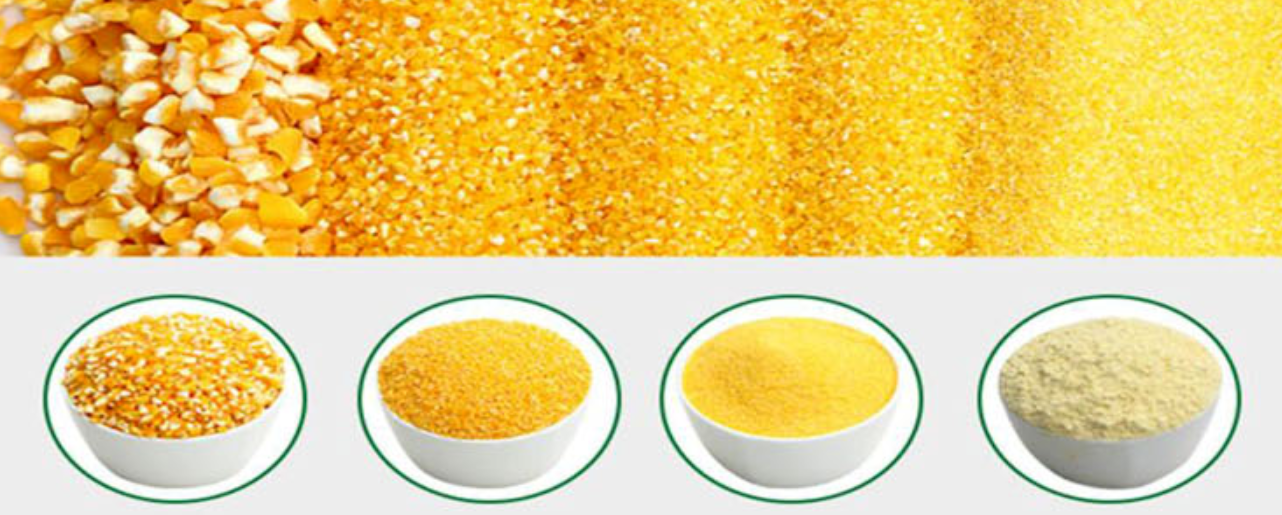 In today's global climate of increasing food demands, it is crucial to optimize agricultural processes to ensure efficient food production. One vital component of this equation is the maize flour mill, which plays a significant role in processing maize kernels into nutritious flour. In this blog, we will dive into the world of maize flour mills, understanding their importance, and exploring various strategies to maximize their output. So, let's unravel the secrets behind boosting maize flour mill productivity for sustainable food production.
In today's global climate of increasing food demands, it is crucial to optimize agricultural processes to ensure efficient food production. One vital component of this equation is the maize flour mill, which plays a significant role in processing maize kernels into nutritious flour. In this blog, we will dive into the world of maize flour mills, understanding their importance, and exploring various strategies to maximize their output. So, let's unravel the secrets behind boosting maize flour mill productivity for sustainable food production.
1. Understanding the Significance of Maize Flour Mills:
Maize flour mills are key contributors to the food industry, especially in regions where maize is a staple crop. They play a pivotal role in transforming maize kernels into fine flour, which is used in a multitude of culinary applications, ranging from bread to porridge. As the demand for maize-based products continues to rise, optimizing maize flour mill output becomes imperative.
2. Enhancing Efficiency Through Technological Advancements:
Harnessing the power of technology is paramount for modern maize flour mills to increase their output. Advanced machinery, including high-capacity milling systems and automated processes, significantly streamline production, reducing manual labor requirements and improving efficiency. Investing in state-of-the-art equipment not only increases output but also ensures consistent quality of the final product.
3. Embracing Sustainability and Resource Optimization:
Sustainable practices are no longer an option; they are a necessity. Maize flour mills can adopt various eco-friendly measures to maximize output while minimizing their ecological footprint. Implementing recycling systems, optimizing energy usage, and reducing water consumption are effective ways to achieve sustainability goals without compromising productivity.
4. Quality Control Measures: Ensuring Consistent Output:
Maintaining a high standard of quality is crucial for maize flour mills to thrive in a competitive market. Incorporating quality control measures throughout the milling process, including rigorous testing and monitoring, minimizes variations in output and ensures customer satisfaction. Maize flour mills should leverage advanced technologies, such as spectroscopy or image analysis, to detect impurities, mold, or other contaminants in real-time.
5. Collaborative Initiatives and Training Programs:
To further boost mill output, collaborative initiatives and training programs can play a significant role. These endeavors can facilitate knowledge-sharing between industry experts, mill operators, and farmers, enabling them to adopt best practices and stay updated on the latest techniques. By working together, stakeholders can collectively drive higher production yields and enhance the overall efficiency of maize flour mills.
Conclusion:
As global demand for maize-based products continues to rise, optimizing maize flour mill output becomes essential for sustainable food production. Through technological advancements, embracing sustainability practices, ensuring quality control, and encouraging collaborative initiatives, maize flour mills can enhance their productivity while contributing to a more resource-efficient and environmentally friendly future. By focusing on efficient output, together we can ensure a steady supply of nutritious maize flour, fostering food security for all.
Post time: Aug-21-2023

